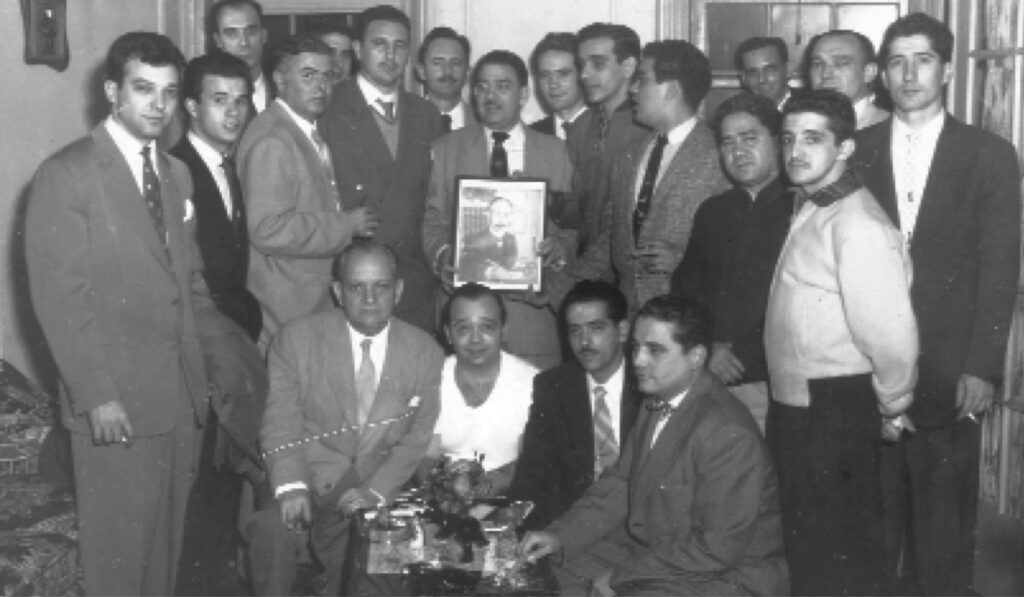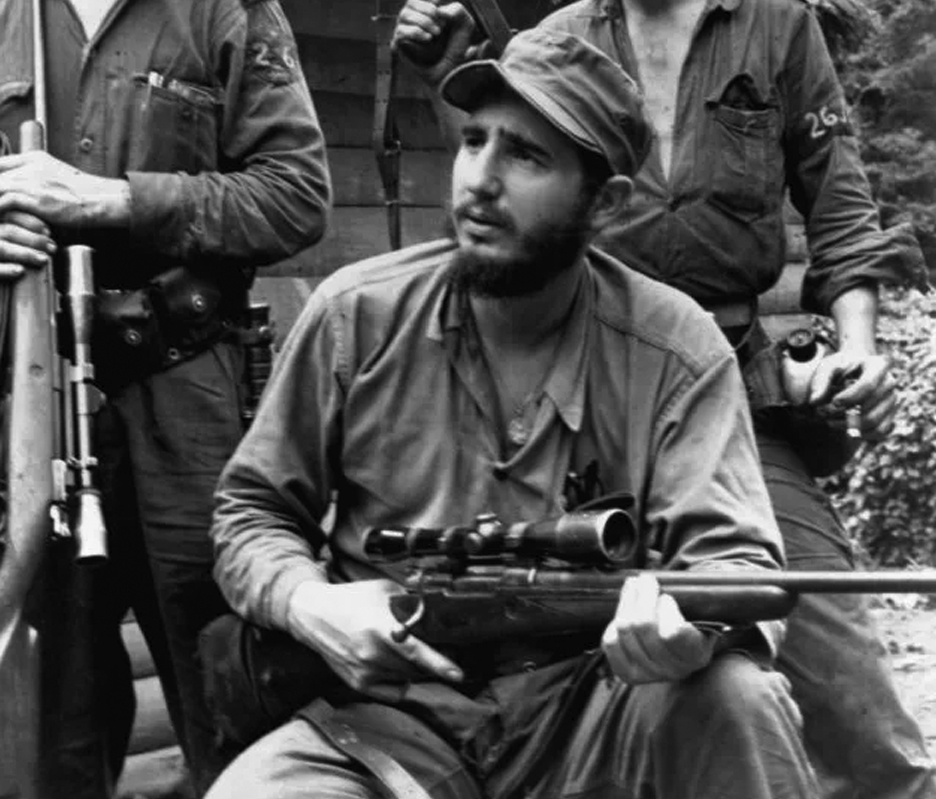SLEEPING WITH THE ENEMY

Given his background, it would seem odd for a man with such a strong reputation for honesty to suddenly begin lying in his final days and risk destroying his legacy. However, he had nothing to gain by telling a lie. He was already a legendary law enforcement officer, and he was not getting paid for the interview.
Before our 2007 interview, Clifton had never told anyone of his deal with Castro. Why?
Atkins spoke with Clifton about his days with the Vice Squad for hundreds of hours, yet he never mentioned his deal with Castro. Nor did he ever say this deal to anyone in his family. And neither of his two ex-Vice Squad partners, Charlie Whitt and Buddy Meische, has ever heard of it. Yet, according to his son and one of his ex-partners, that doesn’t mean it didn’t happen.
“He was probably part of a deal with Castro to hand over Santo Trafficante,” said Clifton’s son, David. “He had an amazing way with people. He could get them to talk and drop their guard, which led to him making great contacts and getting information.”
This ability enabled Clifton to put together the first “mafia family tree” in the history of the State of Florida, an outline of how the mafia was organized, from the lowest street thugs to the top brass.
“It was a bibliography,” explained Clifton during our 2007 interview. “I had more information than anyone.”
Who gave him this information? He never revealed his source. “Ellis always had good information and contacts,” said Charlie Whitt. “He would inform us that he knew where a big bolita house was, and he’d plan the raid, but Ellis would never tell us how he learned this information. He just seemed to know everything and everyone.”
If he had never shared his sources with his partners, it’s doubtful he would have told them about his deal with Castro. And, there was a window of opportunity for the two to broker a deal.
In November 1955, Fidel Castro came to Tampa to found a branch of his revolutionary army, “The 26th of July Movement,” and to raise money for his revolution against Cuba’s then-president Fulgencio Batista.
So, an undocumented and secret meeting between Clifton, on behalf of the Sheriff’s Office, and Castro took place during Castro’s 1955 Tampa visit, a meeting he never told his partners about, a meeting at which a deal was struck. Or, Clifton later made the deal through one of Tampa’s 26th of July members, who had direct contact with Castro while fighting Batista from the mountains of Cuba.
But why would Clifton and the Sheriff’s Office make such a deal?
One of the many reasons Castro said Batista needed to be overthrown was his cozy relationship with American organized crime families, who ran numerous casinos in Cuba. In Castro’s view, the casinos, which were legal under Batista, brought rampant alcohol abuse and gambling to the island and acted as a cover for illegal drug and sex trafficking. Under Batista, Castro argued, Cuba became a haven for mafia leaders who could run their illicit operations in the United States without worrying about U.S. law enforcement officials prying eyes and ears. Enough mobsters made Cuba their regular home or vacation spot known as “The Mafia’s Playground.”

One of the top casino owners was Tampa mafia boss Santo Trafficante, Jr, a man both Clifton and Castro wanted out of Cuba.
Why did Clifton want Trafficante out of Cuba?
In 1957, Clifton led the largest gambling raid in the history of Tampa, busting notorious Tampa mobster Frank Diecidue with nearly $60,000 worth of bolita tickets from six counties. Clifton’s sources fingered Deicidue as the underboss of Tampa’s mafia, the second in command to Trafficante, but, despite Clifton’s claim that he knew without a shadow of a doubt that Trafficante was head of the bolita racquet, he’d just busted, the Sheriff’s Office couldn’t charge Trafficante because there was no hard evidence linking him to Deicidue.
“Trafficante ran all his crime out of Cuba,” said Clifton, explaining that as long as Trafficante was allowed to stay in Cuba, there was too much open water and too many people in between him and the people he did business with for the Hillsborough County Sheriff’s Office to build a case. So if Clifton was going to bust Trafficante, he needed to get him out of Cuba. Clifton said he realized this in 1953 when he joined the Sheriff’s office, so it was on his mind in 1955 when Castro came to Tampa.
It was after explaining the difficulties of bringing charges against Trafficante that Clifton made the following statement while my brother’s camera rolled:
“So we made a deal with Castro up in the hills. If we helped run guns to him, he would send us those guys.”
